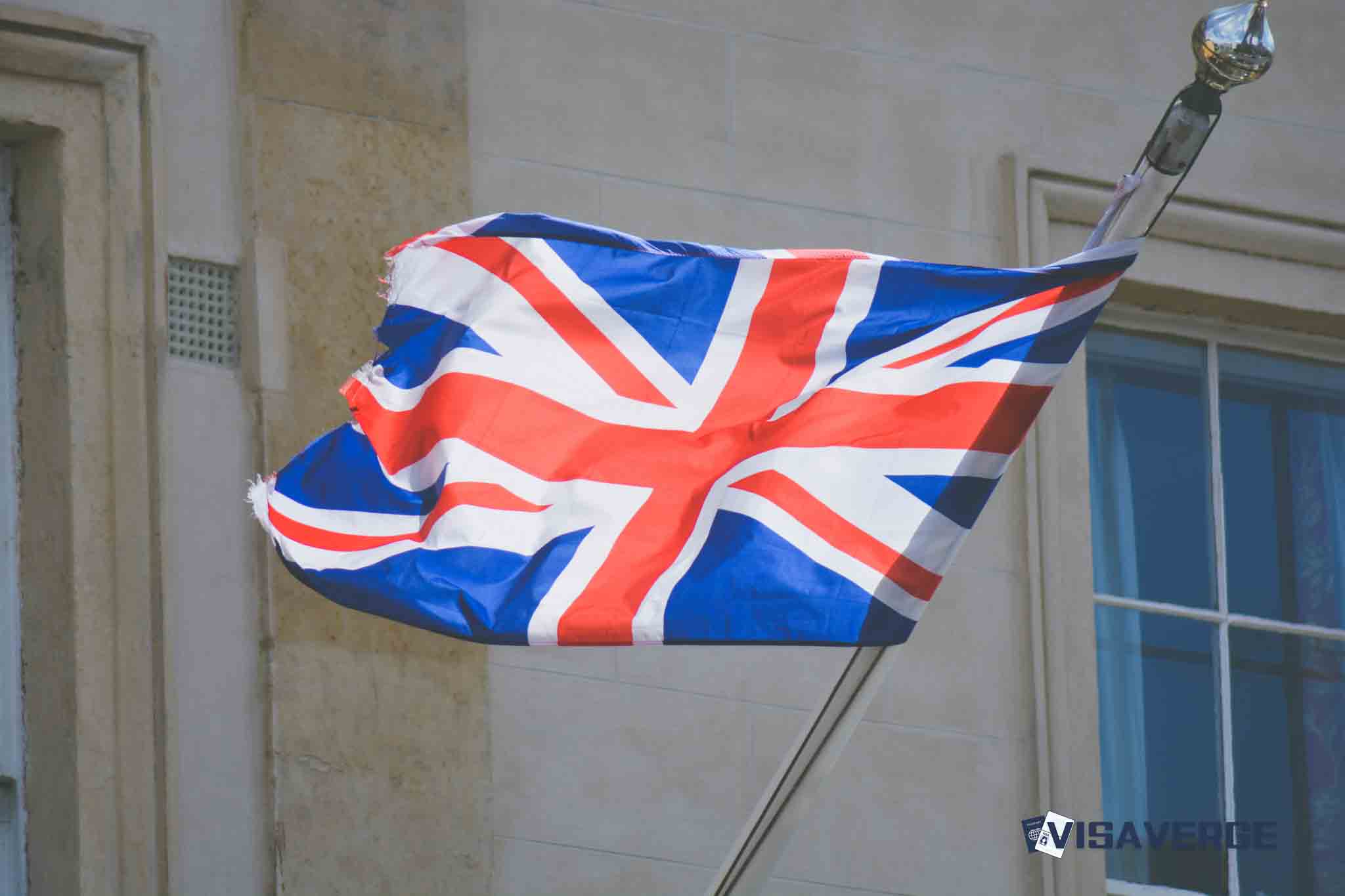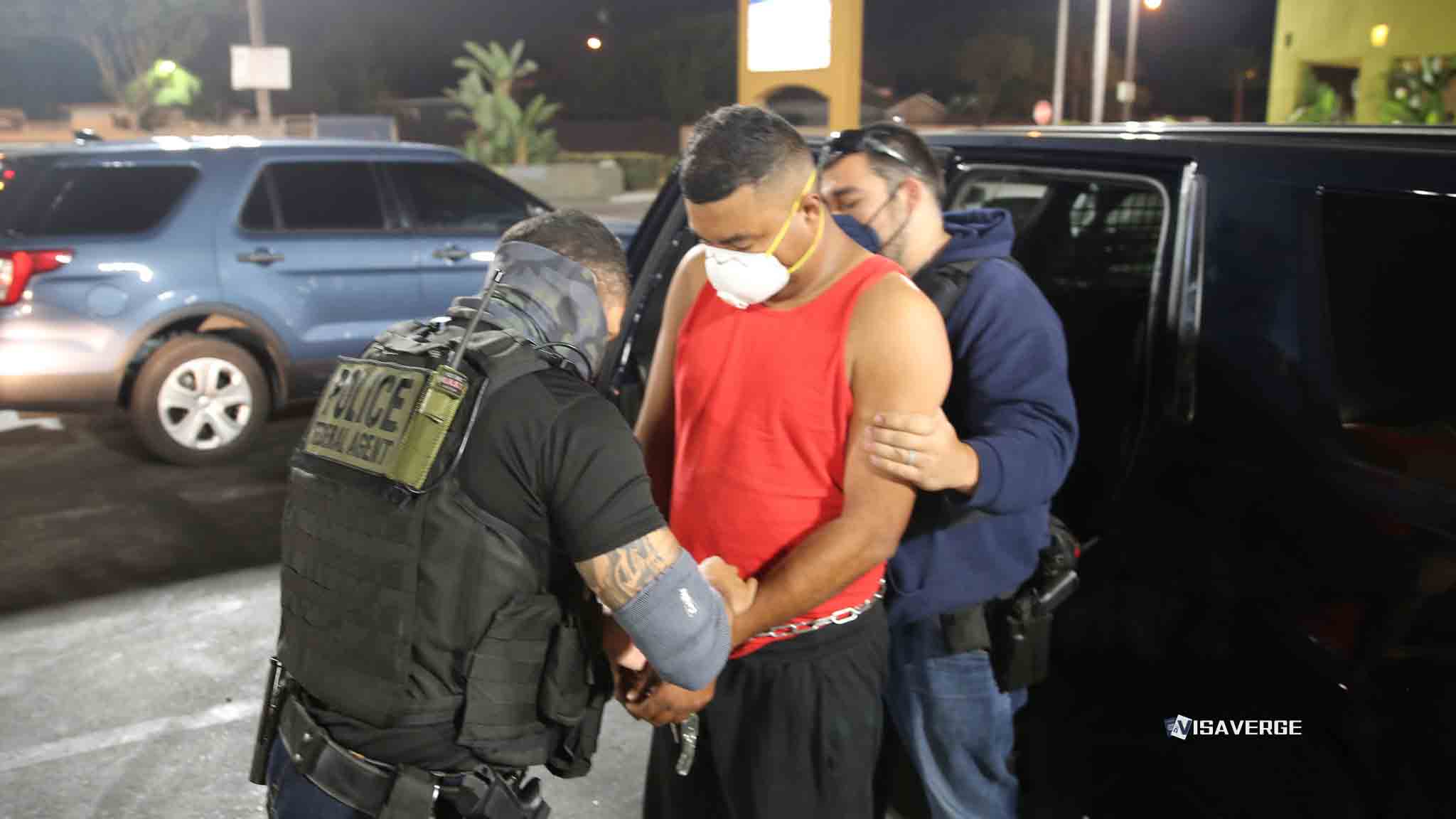(UNITED KINGDOM) Children born in the United Kingdom to parents whose asylum claims are refused could now be deported alongside their families under new asylum reforms announced by the government in November 2025, in one of the most far‑reaching shifts in family removal policy in years. The changes mean that even UK-born children, including those settled in schools, will no longer enjoy automatic protection from removal once a claim has been finally rejected.
What the change replaces
Under the previous approach, many families were often allowed to stay in the country until the youngest child turned 18, even after their asylum cases had been refused. The Home Office says it is removing that safeguard because it created an incentive for families to remain without status and made it harder to enforce removals. The new reforms explicitly make removal — not continued stay — the default outcome once legal appeals are exhausted.

Who will be affected
The government has confirmed that whole families, including children, will be subject to removal, regardless of how long they have lived in the country or how rooted they have become in local communities. Officials say this will apply even if children have spent their entire lives in the United Kingdom, and even if they are fully integrated in local schools and neighbourhoods. The stated aim is to increase the rate of removals of people the Home Office classifies as illegal migrants.
Government rationale and political statements
Home Secretary Shabana Mahmood set out the political reasoning behind the asylum reforms and signalled a tougher stance on appeals:
“We will remove people to countries where we have, until recently, paused returns. We will reform an asylum appeals system that sometimes seems designed to help frustrate a legitimate removal. And it means tackling a thicket of laws that have achieved the same end, both international and domestic.”
The statement signals a renewed willingness to pursue returns to states previously considered sensitive for removals.
Key components of the reforms
The package contains several interlinked measures:
- Formal consultation on enforced removals of families, including those with UK-born children.
- A stepped enforcement process where families who refuse to leave voluntarily will:
- Lose state support,
- Potentially face detention, and
- Be subject to enforced removal if they still do not cooperate.
- Expanded financial support for voluntary return, offering payments to families who agree to leave without being forced.
- Officials argue voluntary departure is cheaper and less traumatic than detention and forced removal.
- Those who decline voluntary packages should expect stronger enforcement.
- A narrower legal definition of “family”, focusing mainly on parents and their children and excluding a wider circle of relatives previously considered in removal decisions.
- A tighter “public interest” test that will generally favour removal, with permission to remain granted only in the “most exceptional circumstances.”
How the reforms change legal tests and definitions
- The narrower definition of family leaves little doubt that UK-born children whose parents’ asylum claims fail will be treated as part of a single unit and can be deported with their parents, even if the child knows no other country.
- The revised public interest test marks a clear move away from prior practice where long residence, strong community ties, and the presence of UK-born children could tip the balance toward allowing a family to remain.
Official justification and critics’ concerns
The government argues current rules allow rejected asylum seekers to use their children’s presence as a shield against removal:
“Once in the UK, asylum seekers are able to exploit the fact that they have had children and put down roots in order to thwart removal, even if their claim has been legally refused,” the policy document says.
Ministers describe the new rules as intended to end what they call “perverse incentives” to remain without status.
Legal charities and community groups, however, will scrutinise how the tighter public interest test and narrower family definition interact with duties to protect children’s welfare under domestic law. Analysis by VisaVerge.com notes the reforms are a sharp break from a system that often paused removals when UK-born children were involved, and that the changes raise complex questions about how the best interests of children are weighed against the government’s drive to increase removals and reduce the asylum backlog.
Expected scale and likely nationalities affected
The Home Office expects the new rules to affect hundreds of families, including those from countries such as Albania, where many asylum claims have been rejected but removals were not enforced while children were still in school. Families in this position could now face renewed pressure to accept voluntary departure or be placed in the queue for enforced removal once the consultation becomes concrete policy.
Practical implications for families
For affected parents, the shift means the birth of a child in the UK will no longer offer any real protection from removal. Consequences include:
- UK-born children may have no memory of their parents’ country of origin.
- Children may speak only English and have deep ties to their schools and communities.
- Despite those ties, families still face the prospect of being deported together once all appeals are concluded.
Interaction with the asylum application process
The reforms do not change the basic steps of how to apply for protection. Official guidance on how to request asylum — including interviews, decisions and potential appeals — remains on the UK government website section on claiming asylum: https://www.gov.uk/claim-asylum
What changes substantially is what happens after refusal: families are more likely to be pressured into voluntary return or face removal, detention, or loss of support.
Key takeaways and forthcoming scrutiny
- The government frames the changes as necessary to tackle abuse of the system and improve removal rates.
- The direct impact will fall on families who previously built their lives around the hope that UK-born children might allow them to remain.
- Legal charities, community groups and child welfare bodies will examine how the reforms align with duties to protect the best interests of children under domestic and international law.
Warning: The consultation process may lead to concrete policy and operational changes; affected families should seek legal advice and monitor developments closely.
The November 2025 asylum reforms allow deportation of UK‑born children with their families after final refusals, replacing a safeguard that often let families stay until a youngest child turned 18. Measures narrow the definition of family, tighten the public‑interest test, remove support for non‑cooperation, permit detention, and expand incentives for voluntary return. Officials aim to boost removal rates; critics warn of legal challenges and potential harm to children integrated in UK communities.













